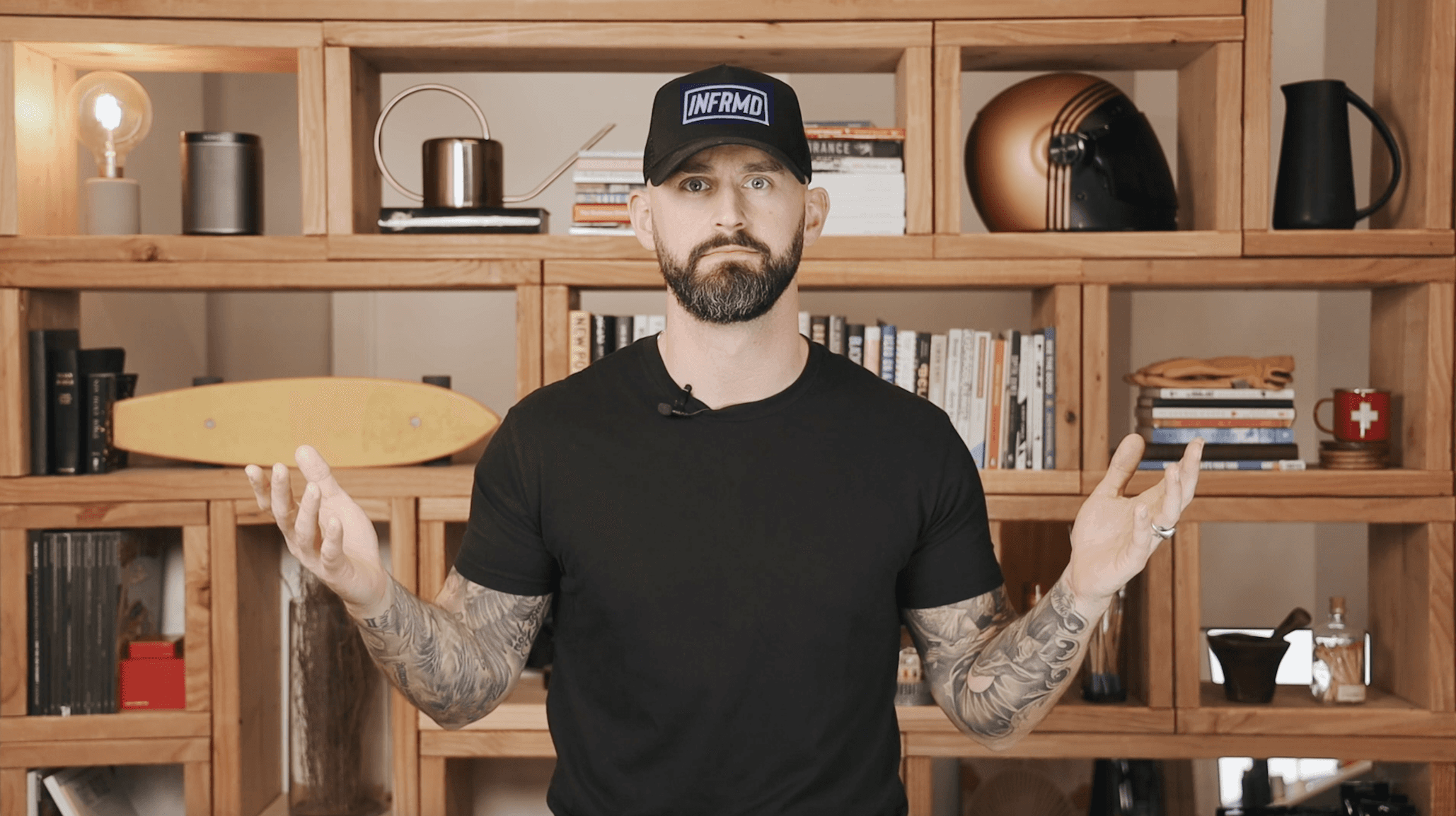Out Of Pocket Maximum Explained
01:15
Leadership
Copy Video Link
In this video, we demonstrate a straightforward explanation of what an out-of-pocket maximum (often referred to as "MOOP") is in the context of health insurance:
An out-of-pocket maximum is the maximum amount of money that an individual could be required to pay for covered medical services and prescriptions within a single year.
It is likened to filling a bucket: you and only you are responsible for filling up this bucket with your healthcare expenses, but once you reach the maximum limit, you don't need to spend any more money, and your insurance will cover additional healthcare expenses.
The out-of-pocket maximum varies based on your specific insurance plan and the insurance company. Typically, it does not include your monthly premiums but does include your deductible, coinsurance, and copays.
This can be illustrated with an example: if you've already met your deductible and out-of-pocket maximum for the year by July and then incur a $2,000 surgery cost in August (assuming it's in-network), your insurance company would cover the entire $2,000 bill because you've already reached your out-of-pocket maximum.
More in this Category
Powered By



















